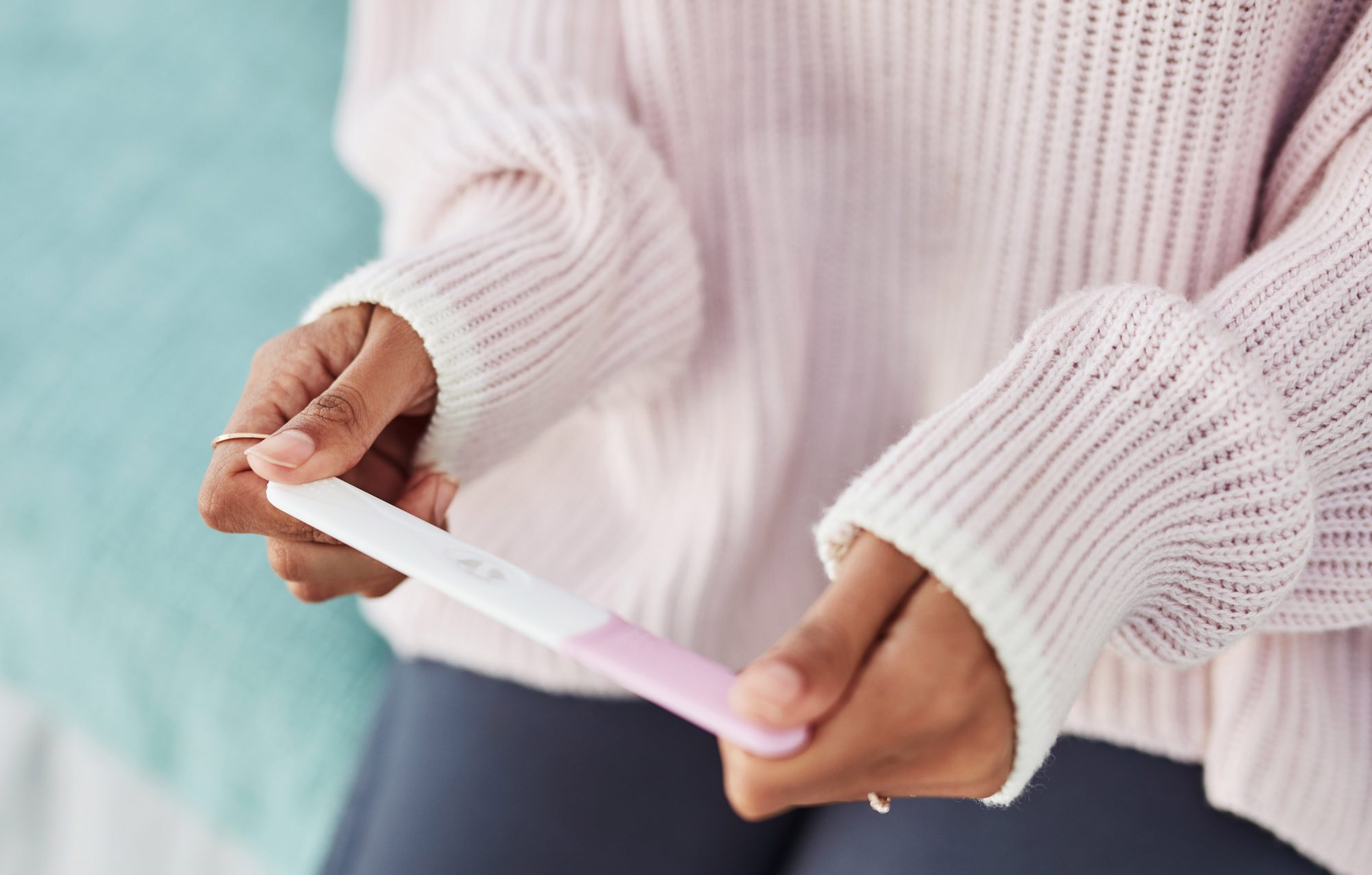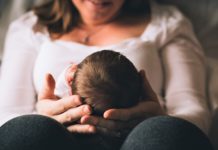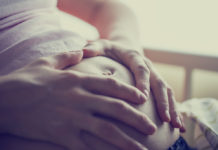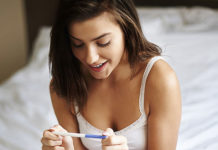You might've heard that you can't get pregnant right after your period. But in actuality, people sometimes can conceive by having sex immediately following menstruation, if the sex involves penis in vagina (PIV) intercourse. We spoke with experts to learn more.
Your Menstrual Cycle and Conception
"There are two phases to the menstrual cycle: the follicular phase occurs before ovulation, and the luteal phase occurs after ovulation," says Lauren Sundheimer, M.D., MS, FACOG, an OB-GYN practicing in Orange County, California. "Typically, in a 28-day cycle, a woman will ovulate approximately 14 days after the first day of her period." (Cycle length varies for everyone though. Irregular cycles are common and don't follow this 28-day pattern.)
The egg that's released during ovulation survives for only 24 hours. Sperm can survive three to five days in the uterus and fallopian tubes, says Barbara Stegmann, M.D., a triple board-certified OB-GYN and women's health clinical lead at Organon. Having PIV sex during ovulation or the days beforehand can result in pregnancy, since the egg can meet with existing sperm in the reproductive tract.
But "if the egg is not fertilized by a sperm during this time, it does not survive," says Michele Hakakha, M.D., a board-certified obstetrician and gynecologist based in Los Angeles and co-author of Expecting 411: Clear Answers and Smart Advice for Your Pregnancy. About 12 to 16 days later, your uterine lining sheds, resulting in your period.

Can Your Get Pregnant Right After Your Period?
For most people, pregnancy isn't likely to happen right after your period—but it is possible. As early as the third day of your menstrual cycle, your levels of the reproductive hormones progesterone and estrogen, which taper off at the start of your period, begin to climb and help your uterine lining rebuild.
Although an egg isn't released during in the immediate post-period phase, called pre-ovulation, your chances of conceiving aren't zero. Sperm can live up to five days in hospitable cervical mucus. That means they can stick around for a few days until your body does release an egg during ovulation—especially if you have a shorter menstrual cycle. "One study showed that people who had sex only one time during this phase still got pregnant," says Steven R. Bayer, M.D., a Boston-based reproductive endocrinologist.
Here are a few other scenarios that can lead also to conception immediately after menstruation.
You miscounted cycle days. You can get pregnant if you miscounted cycle days and accidentally had unprotected PIV sex near ovulation. To determine day one of your menstrual cycle, start counting at the first day of red blood, rather than at the end of your menstrual period, says Dr. Sundheimer. "The duration of bleeding for a period also varies, so when you're counting time to ovulation, it's better to count from the first day of a period rather than days since bleeding stops." This can prevent you from having sex too close to ovulation, which can lead to pregnancy.
Your period lasts a long time. It's not uncommon to have spotting in the day or so before your period starts, and for a few days thereafter. Because of this bleeding, you might falsely believe you're still on your period and can't get pregnant. In reality, though, ovulation can be closer than you think.
Managing Fertility After Your Period
You don't want to worry about getting pregnant before you're ready. That's why it's important to know your cycle and your body, and use protection whenever there's a chance you could get pregnant. If you had unprotected PIV sex during your period and are concerned that you may be expecting, look out for early pregnancy symptoms like mild lower abdominal cramping, breast tenderness, and moodiness. Other common pregnancy symptoms will manifest closer to six or seven weeks' gestation, and they include nausea, vomiting and fatigue.





